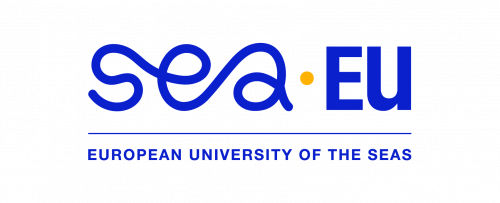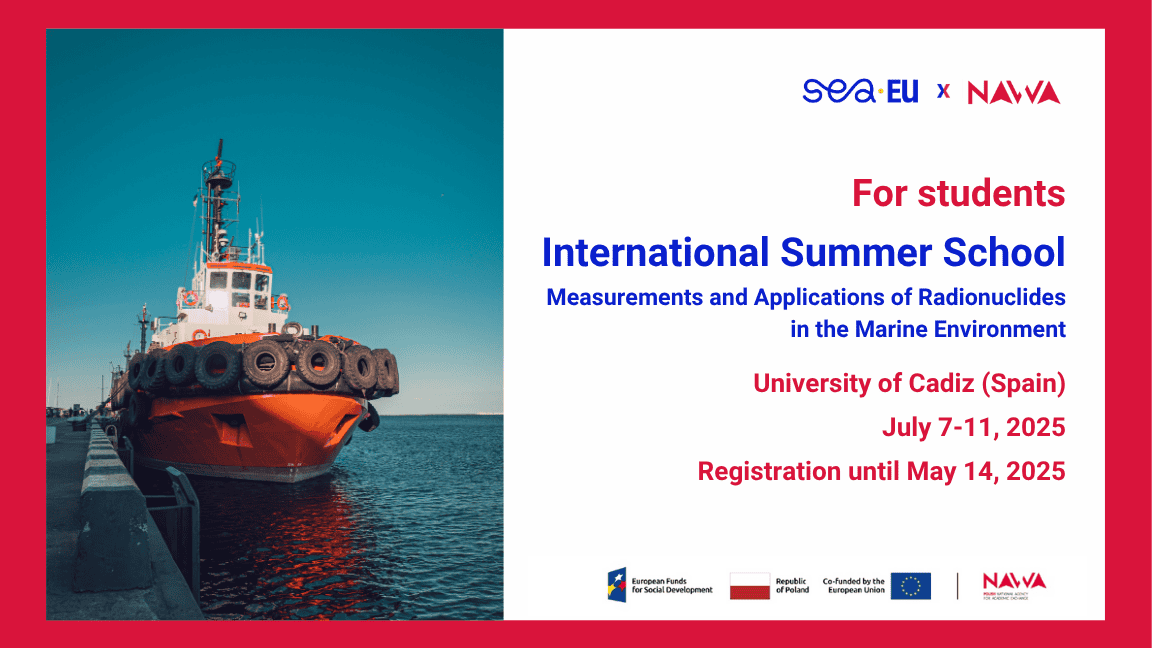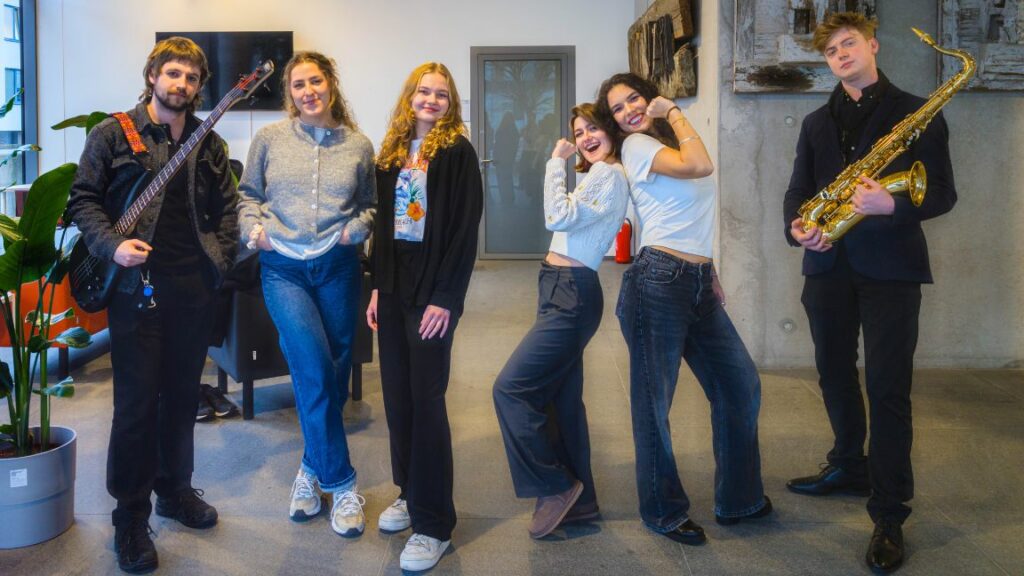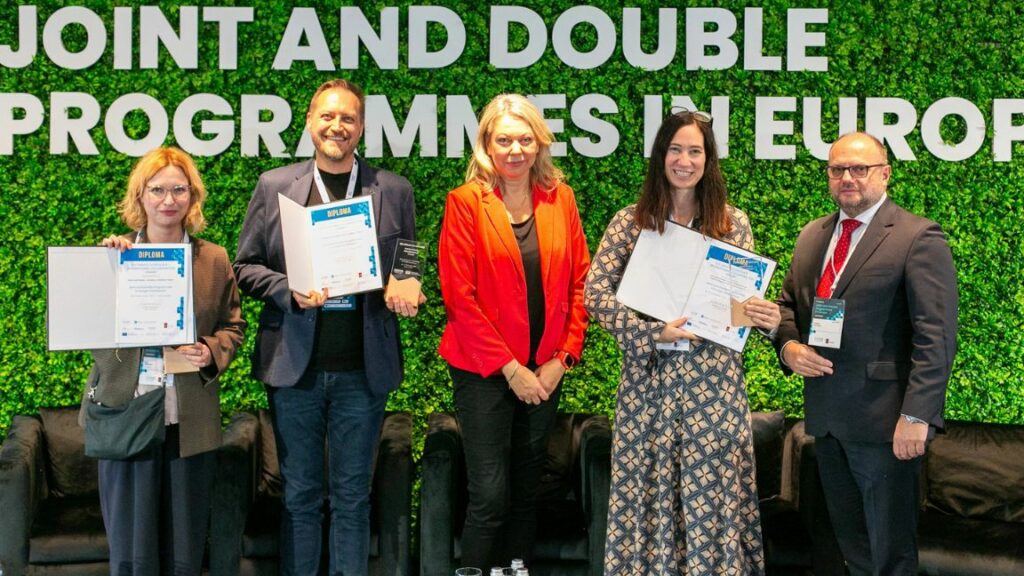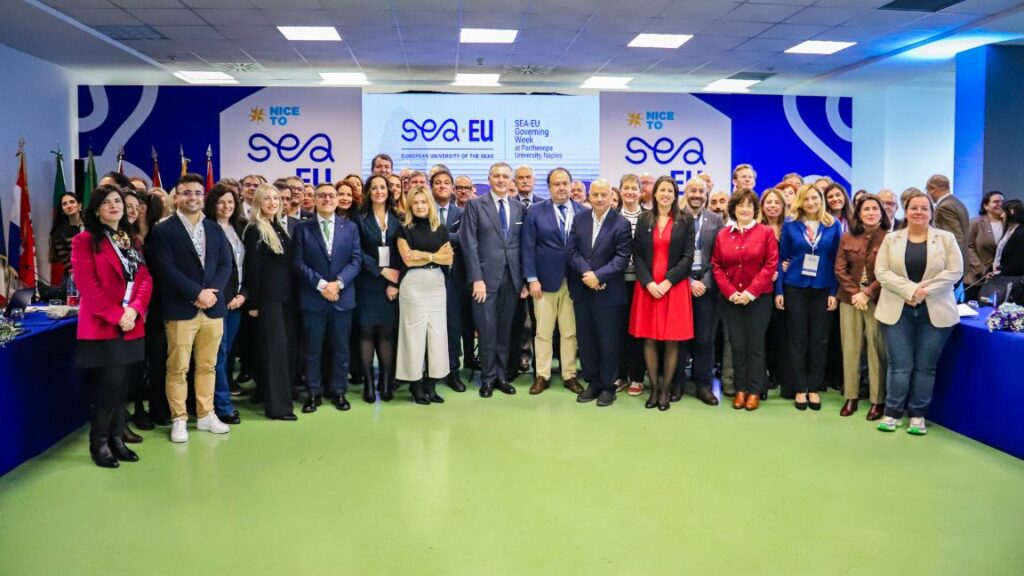Recruitment rules for International Mobility within the SEA-nergy Project
BASIC INFORMATION
Name
UCA International Summer School – Measurements and Applications of Radionuclides in the Marine Environment course
Objective
The purpose of participating in the training is to acquire knowledge and skills in the field of radionuclide measurements and their applications in the marine environment, including learning about low-level counting (LLC) techniques used in radiological monitoring, sediment dating, and carbon flux studies. The training also aims to develop practical laboratory competencies and foster scientific collaboration in the areas of environmental physics, oceanography, and environmental protection.
Destination and duration of mobility
The international mobility will be conducted at SEA-EU’s partner university, University of Cádiz from July 7th to July 11th, 2025.
Detailed program
Set of learning outcomes (competencies):
- Knowledge in the field of radioactivity, radiation detection methods and spectrometry, as well as their applications in marine environmental research.
- The ability to apply advanced measurement and analytical techniques in the assessment of environmental radioactivity.
- Competence in interpreting research results and applying them in the context of environmental protection and climate studies.
Learning outcomes:
- Knowledge:
The candidate:
1.1 Understands basic concepts.
1.2 Understands the principles of radiation detectors and their applications.
1.3 Is familiar with alpha and gamma spectrometry methods, as well as the principles of calibration, activity calculations, and uncertainty estimation. - Skills:
The candidate:
2.1. Is able to prepare and conduct spectrometric measurements of environmental samples.
2.2. Is able to analyze spectra and draw conclusions regarding the levels of radioactivity.
2.3. Applies analytical methods for purposes such as dating or tracking the carbon cycle. - Social competencies:
The candidate:
3.1. Consciously applies radiochemical methods, considering safety and ethical principles.
3.2. Is able to work as part of a team and share knowledge in an international environment.
3.3. Understands the principles of scientific responsibility in the context of environmental measurements.
Criteria for assessing learning outcomes:
The candidate:
| Learning outcome | Verification criteria | Form of verification |
| 1.1. Understands basic concepts | 1.1.1. Correctly defines concepts 1.1.2. Solves tasks related to calculating activity and half-life | Test |
| 1.2. Understands the principles of radiation detectors and their applications | 1.2.1. Describes the operating mechanism of detectors 1.2.2. Selects the appropriate type of detector for the type of measurement | Test |
| 1.3. Is familiar with alpha and gamma spectrometry methods, as well as the principles of calibration, activity calculations, and uncertainty estimation | 1.3.1. Explains the differences between alpha and gamma spectrometry 1.3.2. Describes the stages of calibration and is able to identify sources of measurement uncertainty | Test |
| 2.1. Is able to prepare and conduct spectrometric measurements of environmental samples | 2.1.1. Independently prepares samples for measurement 2.1.2. Correctly performs spectrometric measurements and records the data | Test |
| 2.2. Is able to analyze spectra and draw conclusions regarding the levels of radioactivity | 2.2.1. Is able to analyze spectra and draw conclusions regarding the levels of radioactivity 2.2.2. Calculates activity and interprets the results in the context of environmental standards | Test |
| 2.3. Applies analytical methods for purposes such as dating or tracking the carbon cycle | 2.3.1. Performs calculations related to the age of samples or radiation dose 2.3.2. Interprets environmental data in the context of the element cycle | Test |
| 3.1. Consciously applies radiochemical methods, considering safety and ethical principles | 3.1.1. Follows health and safety regulations and procedures when working with radioactive materials 3.1.2 Takes ethical aspects into account when reporting results and conducting research | Test |
| 3.2. Is able to work as part of a team and share knowledge in an international environment | 3.2.1. Collaborates during laboratory sessions and group discussions 3.2.2. Is able to convey knowledge in an understandable manner | Test |
| 3.3. Understands the principles of scientific responsibility in the context of environmental measurements | 3.3.1. Understands the consequences of incorrect interpretation of environmental data 3.3.2. Responsibly documents results and maintains research transparency | Test |
REQUIREMENTS FOR MOBILITY
Participants of the mobility
To apply for the mobility, candidate must be an active student of the University of Gdańsk on the day of applying for the recruitment process and the planned mobility. Applicants are not allowed to be on any type of leave.
The participant’s declared English language level is a minimum of B1.
Recruitment
All candidates are required to complete a special registration form at: https://forms.office.com/e/BmBnp6dPsZ One of the elements of the application form is a cover letter justifying the choice of mobility which should raise the candidate’s competence. The form must be completed and submitted by May 13th, 2025.
The order of funding allocation depends on the total number of points obtained – applications with a higher total score will have priority in funding allocation and will be processed according to the ranking list.
Those who have submitted a complete set of required documents and meet the mobility requirements may be qualified to participate in the mobility. Funds for this purpose are allocated for one person.
Recruitment is conducted in accordance with the horizontal principles outlined in § 2 point 8 of the Project Regultions. If support is needed during the recruitment process for persons with disabilities or special needs, please contact the task coordinator seaenergy@ug.edu.pl.
Recruitment criteria
| 1 | Formal criteria | Fulfilled |
| student status | ||
| required English level – minimum B1 | ||
| complete application | ||
| Substantive criteria | Scoring | |
| 2 | the substantive evaluation of the motivation letter justifying the choice of mobility, which should aim to enhance competencies | 0-5 |
| 3 | alignment of the thematic scope of mobility with the pursued field of study | 0-5 |
| 4 | alignment of the thematic scope of mobility with the written or ongoing thesis in the completed/current field of study | 0-5 |
Recruitment criteria
Recruitment results
The committee responsible for verifying and evaluating the applications is required to prepare a ranking list, dividing it into the list of qualified candidates, reserve candidates, and those who do not meet the criteria. All candidates participating in the recruitment process will be individually informed about the results via email by May 16th, 2025. The list of selected candidates will also be available on the website https://sea-eu.ug.edu.pl/aktualnosci/.
RULES FOR PROVIDING SUPPORT
Funding may be granted for the implementation of the mobility between 7 and 11 July 2025, plus two days for travel. The funding is paid as a lump sum of approximately 6325 PLN and covers travel, accommodation, and per diem expenses. Detailed list of funding rates is available on the website.
Documentation before mobility Those who are qualified for mobility are required to complete the following:
- an online pre-test which will assess the participants’ knowledge and skills related to the course content before starting the course,
- registration on the NAWA platform to confirm the participant’s eligibility for the project,
Documentation after mobility Those who complete the mobility are required to:
- complete an online post-test which measures the participants’ knowledge and skills after the course,
- provide the original certificate of stay at the partner university.
Completion of mobility Those who according to the test have improved their competencies during the mobility will receive a certificate.
The verification of learning outcomes includes completing a post-test, in which the participant should achieve a higher score compared to the pre-test in order to receive a certificate of competence enhancement. Both tests are completed remotely via the Microsoft Forms application.
Contact to Coordinator: seaenergy@ug.edu.pl
The initiative is being implemented as part of the project „Support for Synergistic and Complementary Actions of the SEA-EU 2.0 Project – SEA-nergy,” which is part of the NAWA program „Support for European University Alliances” funded by the European Social Fund.
